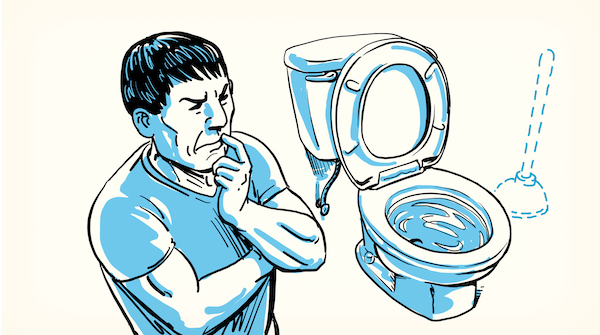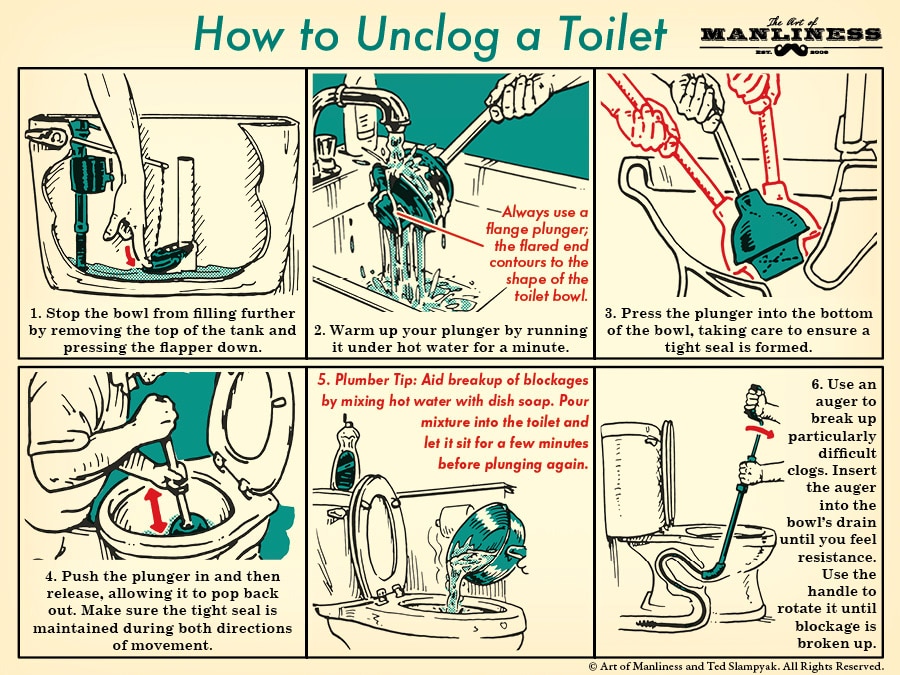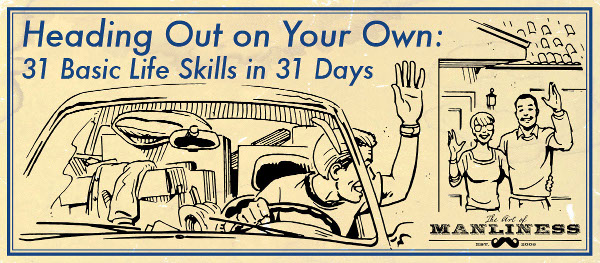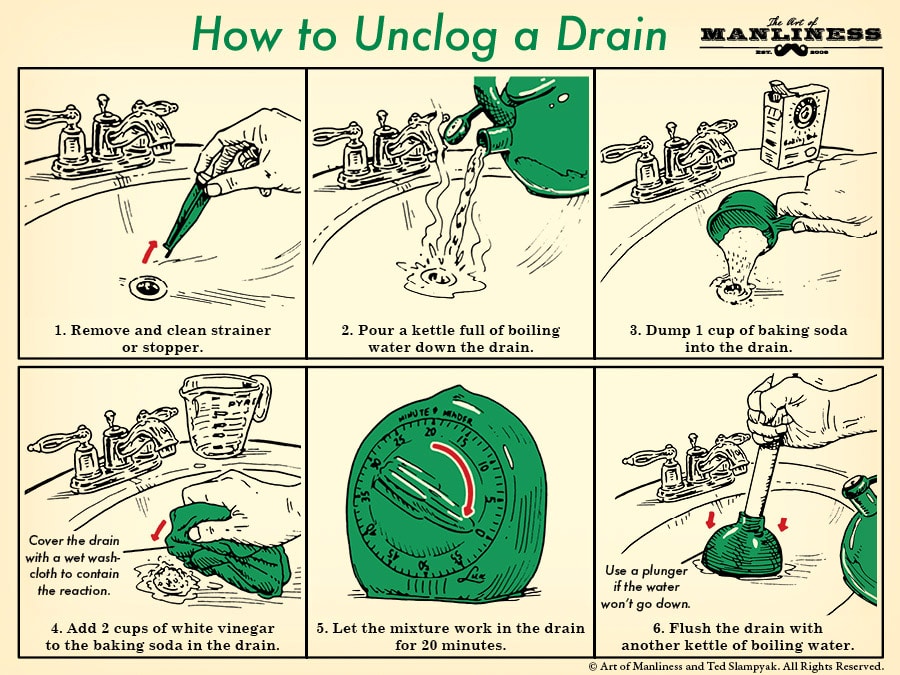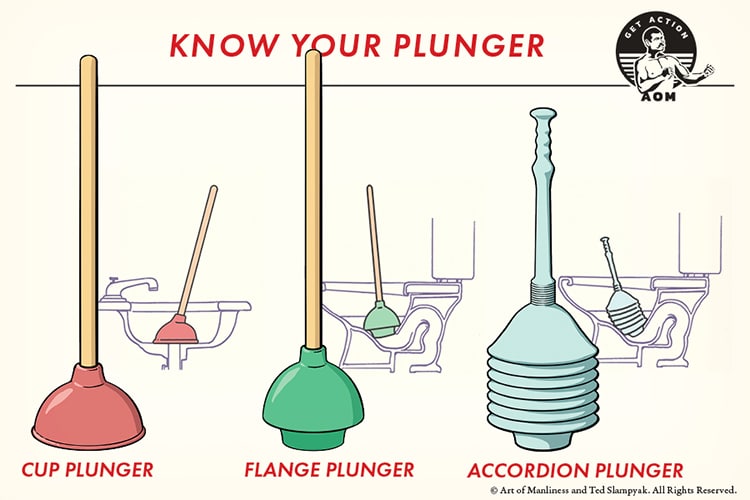
A surprising number of folks reach adulthood without ever learning that there’s more than one kind of plunger. And this knowledge is handy because you’ll want to choose the right plunger for a particular job.
Plungers work by creating a seal on clogged drains. When you push the plunger down, pressure moves downward on the adjoining pipe; when you pull the plunger up, a vacuum action moves the pressure back towards you. This oscillating pressure dislodges the clog.
To get an effective suctioning seal on a drain, a plunger has to be the right shape. And that’s where the different kinds of plungers come in. There are three main varieties:
Cup Plunger. Use in bathtubs, showers, and sinks. This plunger is designed to work on flat surfaces; it won’t work well for a toilet clog, because it won’t form a good seal in the rounded surface of a toilet bowl.
Flange Plunger. Use on toilets. This plunger has another cup that extends from the outer bell-shaped cup. Called a flange, this “nose” is narrower than the cup of a cup plunger and will create a stronger seal in your toilet drain. If you fold the flange inside the cup, this plunger can also be used on a sink or tub drain. But you’ll want to disinfect it before moving from toilet use to sink use.
Accordion Plunger. Use on toilets. When you use an accordion plunger, it sucks up water into the bellows to create a vacuum. Every time you plunge down, you’re getting a bunch of water pressure to help dislodge your clog. The nose on the accordion plunger is even narrower than that on a flange plunger, allowing it to fit inside the toilet drain (as opposed to being more or less squished on top of it), potentially increasing its suction power; however, the accordion plunger’s plastic construction can make getting a good seal trickier than with a flange plunger.
You don’t need all three of these plungers, just a cup plunger + a flange or accordion plunger (depending on your preference). You can, in fact, get by with just having a flange or accordion plunger, since these versatile plungers can do double duty for both sink and toilet.
Should you find yourself in a situation where you don’t have a plunger at all, use one of these six plunger-less methods of unclogging a toilet to clear the blockage.


